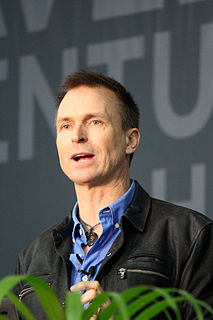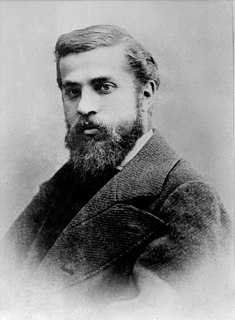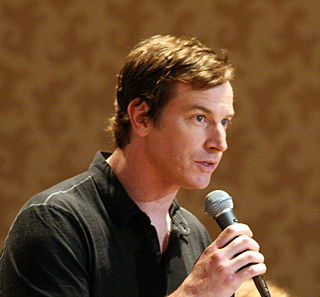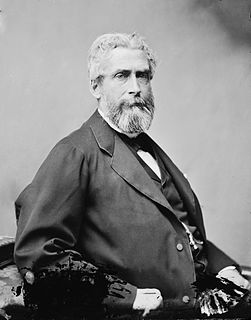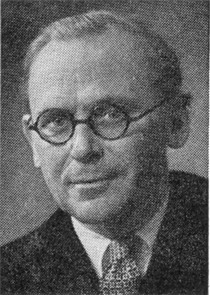A Quote by Francis Bacon
We see then how far the monuments of wit and learning are more durable than the monuments of power, or of the hands. For have not the verses of Homer continued twenty-five hundred years or more, without the loss of a syllable or letter; during which time infinite palaces, temples, castles, cities have been decayed and demolished?
Related Quotes
Zalasiewicz is convinced that even a moderately competent stratigrapher will, at the distance of a hundred million years or so, be able to tell that something extraordinary happened at the moment in time that counts for us as today. This is the case even though a hundred million years from now, all that we consider to be the great works of man—the sculptures and the libraries, the monuments and the museums, the cities and the factories—will be compressed into a layer of sediment not much thicker than a cigarette paper.
This man, who for twenty-five years has been reading and writing about art, and in all that time has never understood anything about art, has for twenty-five years been hashing over other people's ideas about realism, naturalism and all that nonsense; for twenty-five years he has been reading and writing about what intelligent people already know and about what stupid people don't want to know--which means that for twenty-five years he's been taking nothing and making nothing out of it. And with it all, what conceit! What pretension!
Not only are we going to shift in our own lives - away from always trying to identify ourselves on the basis of what we have, what we do, and who we are better than, and so on - but shift into more reaching out, more service, more kindness, more living the virtues that Lao Tzu spoke about twenty-five hundred years ago.
Last year in the U.S. alone more than nine hundred thousand people were reported missing and not found... That's out of three hundred million, total population. That breaks down to about one person in three hundred and twenty-five vanishing. Every year.... Maybe it's a coincidence, but it's almost the same loss ratio experienced by herd animals on the African savannah to large predators.
The same costume will be Indecent ten years before its time, Shameless five years before its time, Outre (daring) one year before its time, Smart (in its own time), Dowdy one year after its time, Ridiculous twenty years after its time, Amusing thirty years after its time, Quaint fifty years after its time, Charming seventy years after its time, Romantic one-hundred years after its time, Beautiful one-hundred-and-fifty years after its time.




